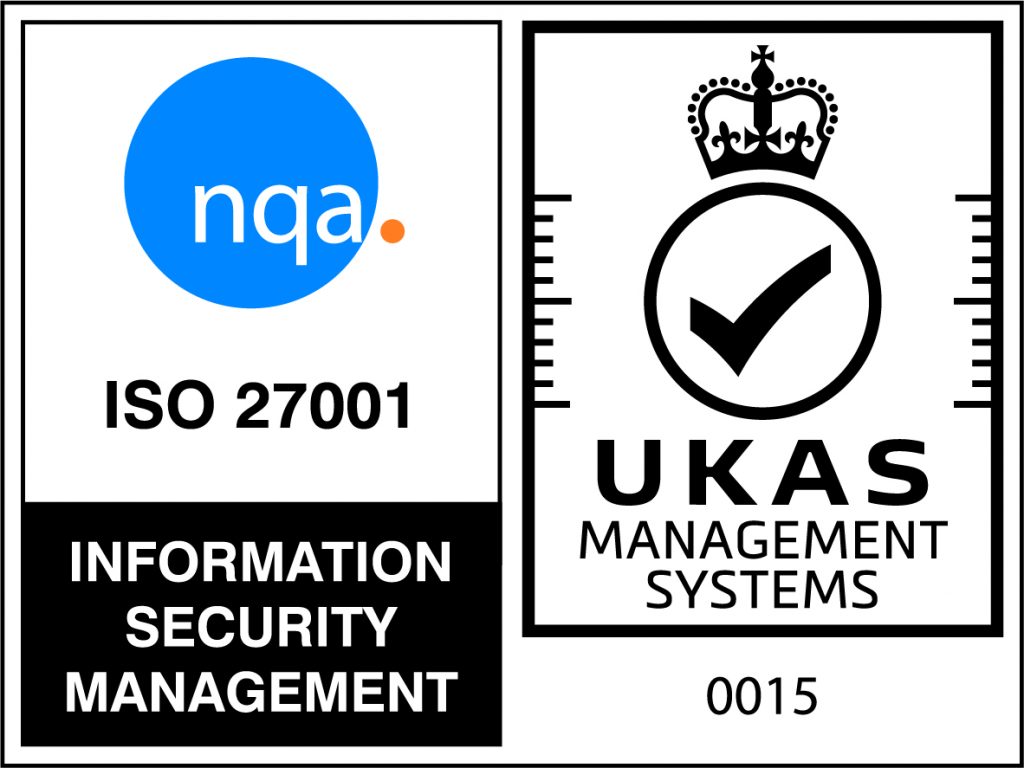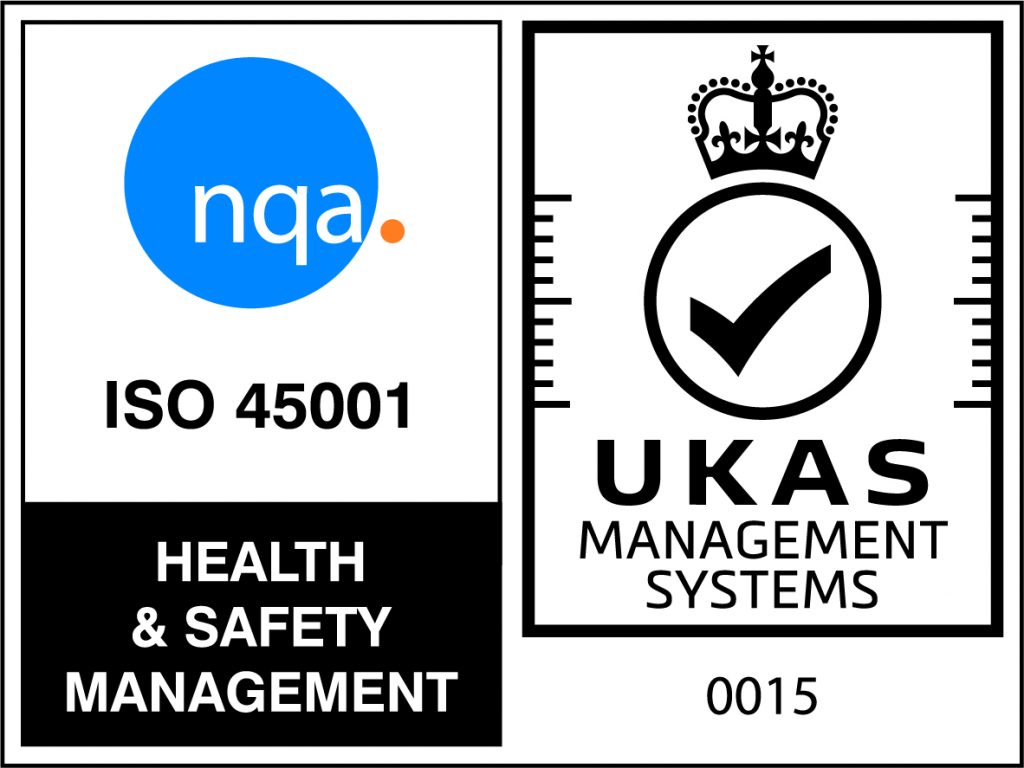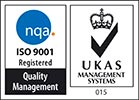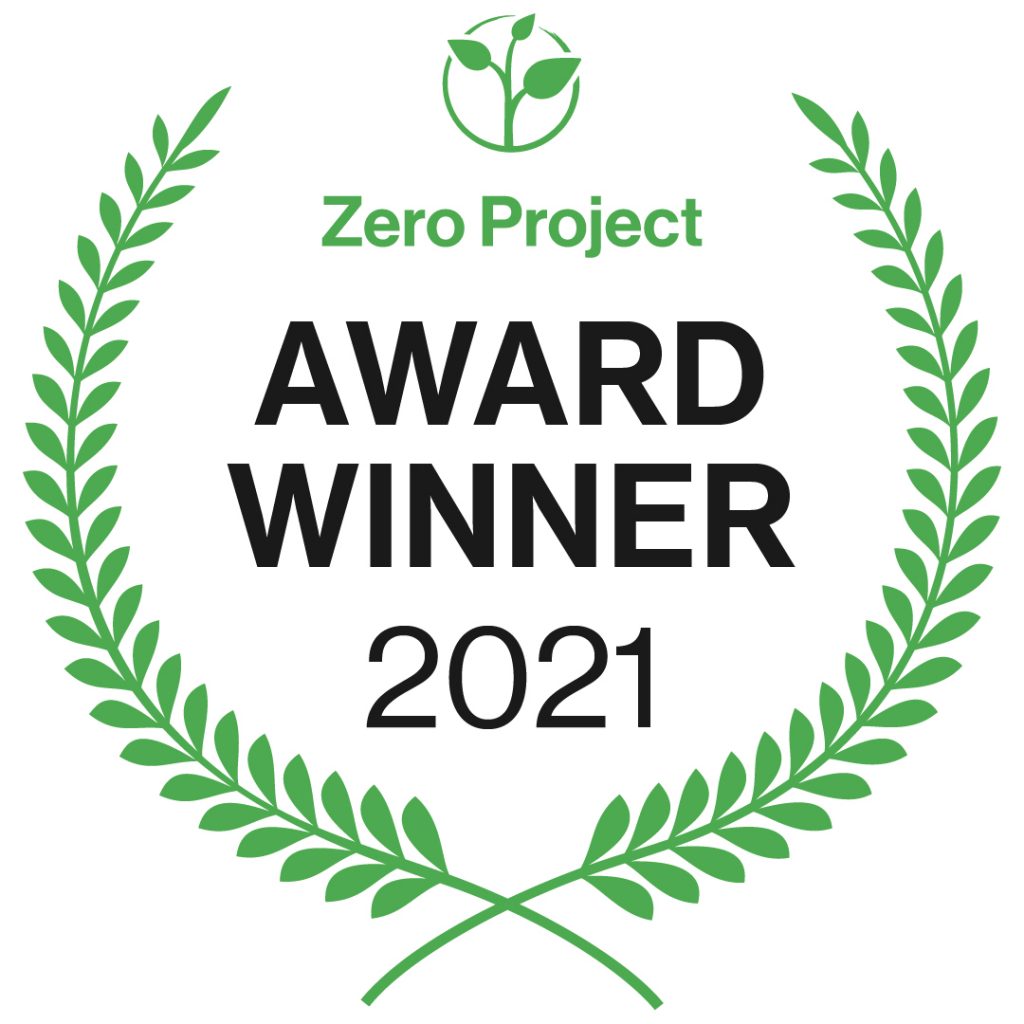Beyond Empty Rhetoric – A Frank Conversation About Inclusive Recruitment
I have spent over twenty years working in and around Disability. While my eyesight may not have improved over those years, my ability to see through empty talk most certainly has. Unfortunately, intended or not, when it comes to recruiting disabled people and hiring diverse workforces, it is far too commonplace for people to say all the right things without following it up with action.
Despite it becoming increasingly commonplace for companies to claim they are doing everything possible to adopt inclusive and accessible recruitment practices, the reality is that progress is slow. According to the latest data, the employment levels among disabled people are moving in the wrong direction. The House of Commons Library ‘Disabled People in Employment’ report, published in May of last year, makes for sobering reading:
“The unemployment rate for disabled people was 8.4% in October-December 2020, up from 6.9% a year previously. This compared to an unemployment rate of 4.6% for people who are not disabled.”[1]
The impact of COVID-19 has had a disproportionate effect on the employment opportunities for disabled people as compared to non-disabled counterparts. The report goes on to state that:
“the proportion of disabled people who are either unemployed or economically inactive has risen from 45.9% to 47.7% in the year to October-December 2021…People who are not disabled have also seen an increase in the proportion who are either unemployed or economically inactive, but the increase has been smaller from 17.8% to 18.9%”[2]
I know from my many years working in this area that there is a growing propensity for businesses, organisations and their leaders to claim to want to hire more diverse workforces. Inclusivity has become ‘on trend’ and can be seen in the way that companies project themselves. However, the data from the Commons Library report shows that in real terms the employment prospects for disabled people are unacceptably low. Perhaps the report’s most disheartening statistic is this:
“The proportion of disabled people who are either unemployed or economically inactive has risen from 45.9% to 47.7% in the year to October-December 2021”[3]
Undoubtedly, the rhetoric which disabled people see articulated by employers offers little solace when it simply does not tally with their own experiences. At a time where the cost of
living is on the rise, the need to ensure that disabled people can support themselves through employment is urgent.
When I consider why this is the case, why many employers talk a good game without backing it up, I think of a few major issues I see on a daily basis.
Firstly, I often see that business leaders will not proactively engage with accessible recruitment practices unless they have a personal experience of disability. Often only those who have a disability developed in later life or disabled loved ones show initiative in addressing the needs of disabled people when it comes to recruitment and retention. In many cases, even if a business or organisation is proactive in hiring disabled people, a lack of full understanding means that the environment those people are hired into is unsupportive and unsustainable.
It is pivotal employers are given a greater awareness of the real challenges facing disabled people when it comes to recruitment and employment. Attentiveness and understanding among business leadership is critical to creating a sustained culture in which disabled employees are not only sought after but also supported and retained.
Secondly, I see an issue in the talk of the fight to uncover ‘Hidden Talent’ when discussing the diversification of workforces, particularly with regards to disabled people. The reality is that the talent is not and has not been hidden, but rather that employers have not put in the required effort to find it. By suggesting that the talent which disabled individuals offer is hidden away, employers console themselves with the thought that they looked but couldn’t find any. That employers may need to move beyond their tried and tested approaches which have perpetuated the employment gap, does not mean that the talent they will find in doing so was ‘hidden’.
There are, in fact, numerous outlets and ways in which employers can proactively seek to hire a diverse talent. With regard to hiring disabled people, there are many charities and organisations such as the Business Disability Forum,[4] which can help guide businesses to becoming disability confident and schemes like the DFN Project[5] which help employers find disabled and neurodiverse people looking for employment. What is needed speaks to my first point; it is proactivity not platitudes which is needed from employers who are serious about creating diverse and inclusive workforces.
The final issue I want to raise, though there are plenty more which need to be addressed to create a significant decrease in the employment gap faced by disabled people, is the way in which disabled employees are pigeon-holed. In my day to day, I still encounter, with concerning regularity, a tendency by employers to view disabled and neurodiverse people as limited. Employers can be prone to defining the skillset of potential or existing disabled employees in terms of what they perceive to be the limits set by their condition.
Marius Frank spoke in his recent Thought Leadership article about the importance of the Social Model of Disability.[1] By adopting it, we can view the limits which employers currently see as inherent to a disabled person’s condition as instead created being a by-product of their environment. Embracing this way of understanding disability is pivotal to employers’ ability to understand that it is their responsibility to create a culture and environment in which disabled people are allowed to show their talents.
The Accessible Recruitment service which we have developed at Microlink, provides an answer to these (and numerous more) potential pitfalls which companies might fall into when looking to hire disabled and neurodiverse employees. What our specialist knowledge allows for is a bespoke and holistic service. We offer more than practical changes to our clients’ recruitment strategies by accentuating the wide-reaching cultural changes which are necessary to sustain them. It is a service designed with a core idea that talk is easy and only meaningful action can bring about real lasting change.
[1] Link to Marius’ article
[1] https://commonslibrary.parliament.uk/research-briefings/cbp-7540/
[2] Ibid.
[3] Ibid.
[4] https://businessdisabilityforum.org.uk/
[5] https://www.dfnprojectsearch.org/

 Back to News
Back to News

















